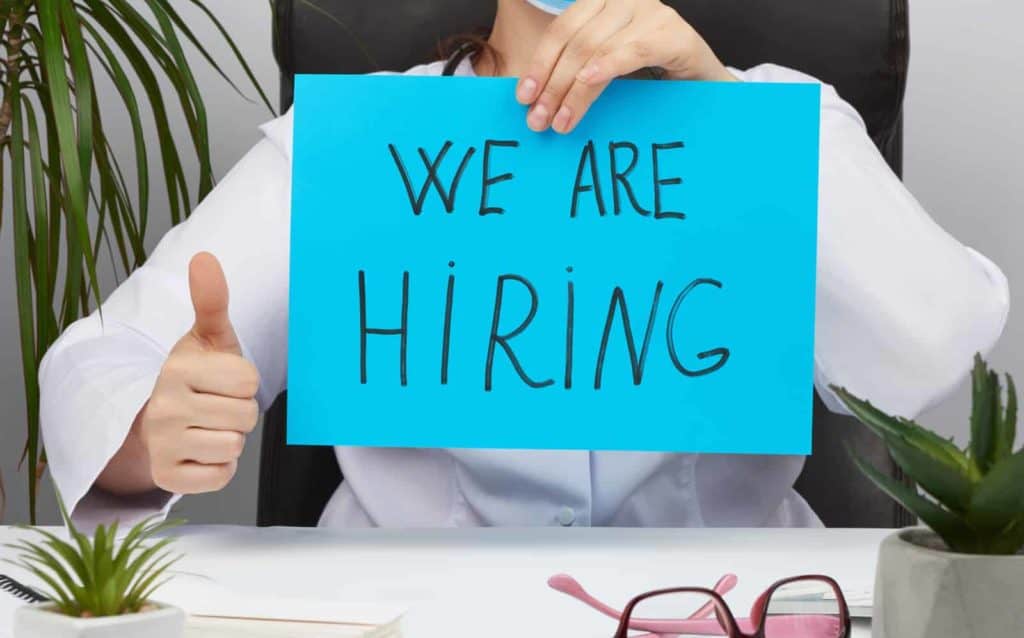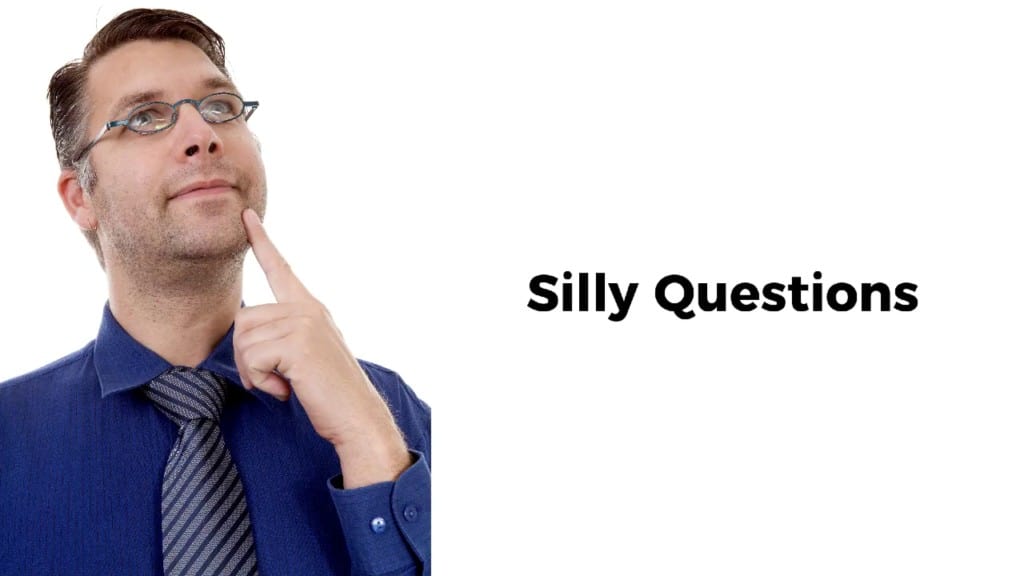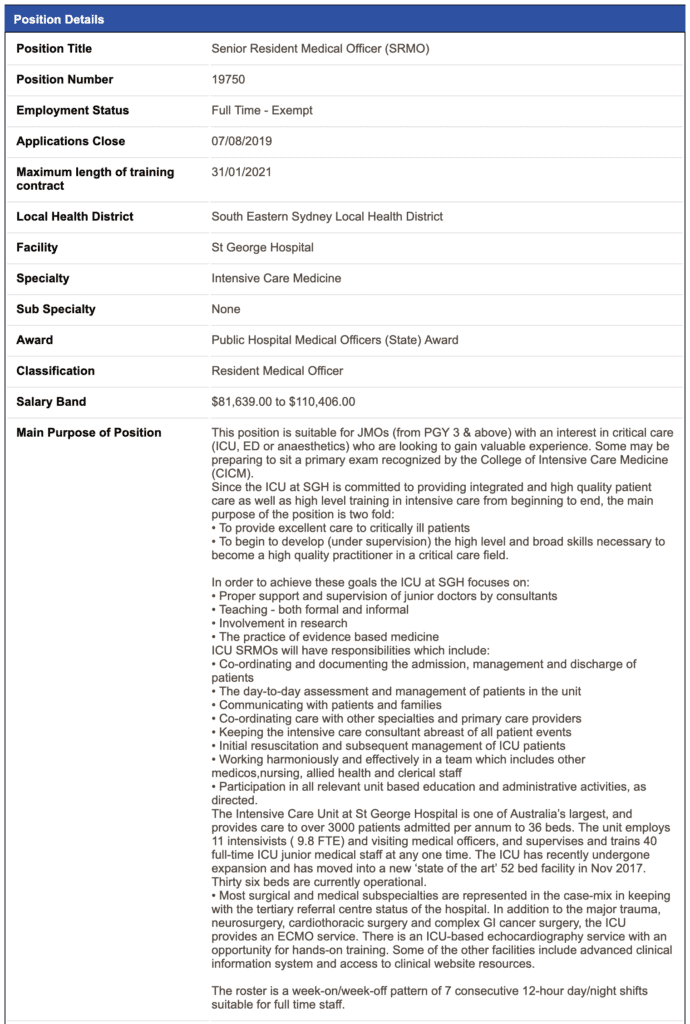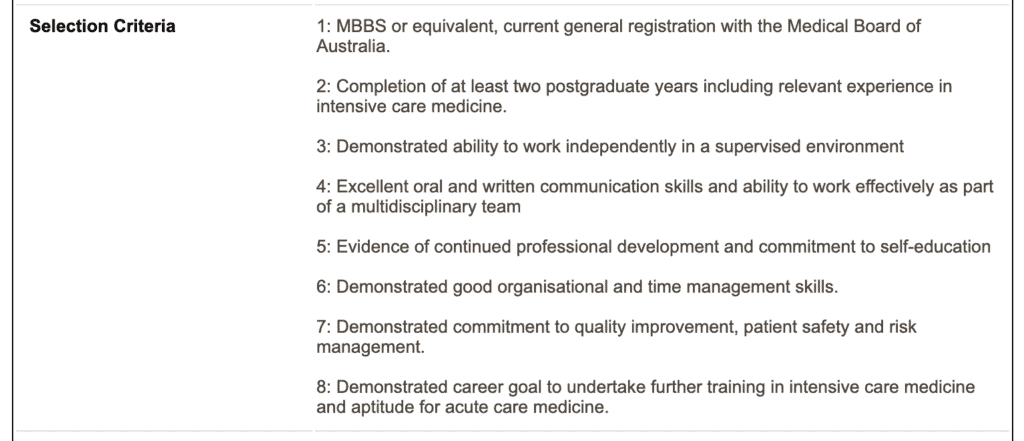[fluentform id=”4″]
Recently we ran a poll as part of some free training that we have been offering to doctors to help them better prepare for a doctor job interview. We ask the participants in this training what their approach to their last job interview was. So far over 100 doctors have registered for this training and the results are very interesting.
Only 11% of participants indicated that they just winged the interview (i.e. did no preparation) which is a good result. But 53% of participants indicated that they had only done some preparation the night before, versus equal parts having done one practice session 18% or more than one practice 18%. We have added the same poll to the top of this post and would be interested to see what your approach was last time.

So How Long Should You Take to Prepare For a Doctor Job Interview?
As someone who has coached hundreds of doctors through the interview process, I can definitely vouch for the fact that doing some amount of practice for the interview is much more likely to help you succeed. But the question is how long and how often should you prepare for your next doctor job interview? The answer to this question is a bit complicated but in general, the best advice would be to give yourself at least a few weeks and try to do a number of actual interview practice sessions in that space of time. At least some of these practice sessions should incorporate some form of feedback.
But let’s unpack this a little bit more. Because there are definitely a few ways of practicing smarter so that if you have only a little bit of time then your practice can be more effective and if you have heaps of time you will get the maximum out of your endeavours.
We will start by looking at why you should practice and then how you should practice.
Why Should You Practice For Your Next Doctor Job Interview?
I’m assuming that most of you are probably sold on the idea of some sort of practice for your next medical job interview and will skip over this section to the next heading.
A question I would pose if you are not sold on interview preparation is why? Perhaps you have always been good at job interviews. There are some lucky ones who are. Or perhaps more likely you have been lucky up until this point.
Did you study and prepare for examinations in medical school? For most, the answer to this question is yes.
I’d like you to think about a job interview as similar to an important clinical exam. In many ways, its even more important than an exam as it will likely determine the speed and progression of your career. A job interview is a performance. And performances are skills. Skills need development to get to a high level but also top up to sustain them.
The reason so many doctors struggle with doctor job interviews is not that they haven’t had the skills in the past to do well at an interview (for example a clinical examination). But we don’t sustain this skill over time. Because we don’t really need it all the time.
So, unless you are regularly interviewing for jobs. Which thankfully is not the majority of us. You won’t be getting the type of skills practice you need. Unless of course, you do some practice of your own.
Exactly How Much Practice Do You Need?
The answer to this question is a bit complicated. Because it depends on what type of practice you are doing. You should obviously be practising answering questions. But there are many ways of doing this. Apart from establishing that some practice is better than no or little practice, there is no real empirical evidence out there to guide us as to what a good amount of practice is for job interviews.
Malcolm Gladwell in his book Outliers explains that 10,000 hours is the key to mastery but this has been called into question.
If you are looking for a good rule of thumb based on my personal observations about 6 practice sessions of an hour each spaced a few days apart is a good medium to head for. This is based on about 100 coaching engagements where I was providing about 3 of these 6 sessions. So if you are practising without a coach you may need a few more.
Can You Practice Too Much for a Doctor Job Interview?
Absolutely you can over practice for an interview. But in my experience few doctor job candidates get to this point. If you are practising regularly you will eventually get to the point where you feel a bit bored about the whole thing. This may be the point where you want to slow down your process a little. As regular practice will help you overcome the anxiety of performance but if you are too practised this will show across in the interview. And you won’t have that small amount of anticipation anxiety that most people use to get themselves alert and awake for a good performance.
However, be wary that you are not just boring yourself because you are going over the same processes over and over again.
Which leads me to.
What Exactly Should You Practice for a Doctor Job Interview?
Questions obviously. But consider what types of questions. And also consider practising components of these questions so that you get better at structuring your answers.
You should be able to anticipate what types of questions you might get from a doctor job interview by reviewing the selection criteria.
Be strategic about what bits of what questions you practice. Use deliberative practice and feedback methods to accelerate your performance. When you notice that you are only making fractional gains. That’s the time to move on to practising another bit of another question.
What Forms of Feedback Should You Incorporate In Your Doctor Job Interview Preparation?
You have to be careful about who you choose to help you with your coaching. For a real case study wake-up call see the video below I made about Kevin’s experience.
There’s a lot of risk in asking friends, colleagues, and family to review your performance. They are cheering for you. So it will be hard for them to give you the critical feedback you need. Plus. They don’t really know what the panel is looking for.
My advice is to choose either someone who has sat on many similar panels before or think about hiring an interview coach.
Also, consider recording your sessions. So you can watch them back. Try to do one question or one part of a question and then force yourself to review the performance straight away. This is playing on the immediacy of feedback. It’s what high-performance athletes do. And it works.
Related Questions.
Question. What Is The Best Way To Record Your Interview Preparation?
You can record yourself easily on an iPhone or similar mobile device. However, it’s best to not be holding these “selfie-style’. Try seeing if you can rest it somewhere so you can be sitting relaxed. Ideally, you want to frame your shot so you can see from the waist up. Just like a real interviewer would see you.
If you want to step it up a bit. You can also get a free which allows you to record yourself in a meeting for up to 40 minutes. This is ideal for both live feedback sessions with say a coach or to review the recording later (and even send it to someone else for review). Zoom is the system we use for our coaching at AdvanceMed
Question. What Should I Consider In Selecting An Interview Coach?
There are a number of things to consider. Price is obviously one thing. But like in many endeavours you get what you pay for. So it shouldn’t be the only consideration. Actual knowledge of the doctor job interview process is quite desirable. Look for a strong track record and also consider that there are quite a few advantages of video coaching over face-to-face coaching. For more, we have written a blog post on this topic for you.
Question. How Can I Best Get Feedback On My Actual Interview Performance?
The best time to ask for feedback is at the end of the actual interview if you are brave enough. Check out this video we made about this topic.









